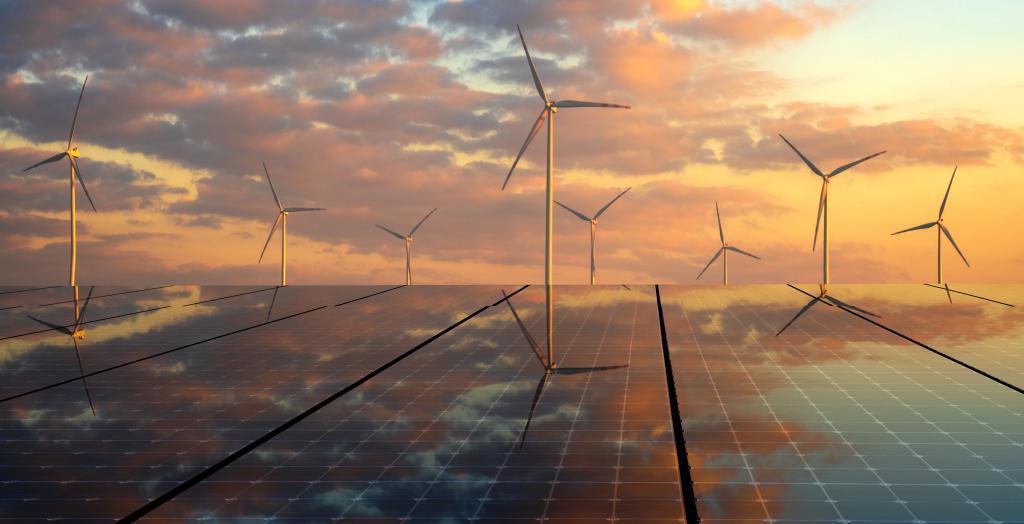Enhancing the Law on Use of Renewable Energy Sources in Serbia
Intending to increase the share of electricity production from renewable energy sources, the National Assembly of the Republic of Serbia adopted the Law on the Use of Renewable Energy Sources (the “Law“) that entered into force on 30 April 2021. In addition to the Law, five decrees will be adopted by the end of the year:
– The Decree on Taking on Balance Responsibility and the Criteria for Determining the Liquidity of the Organized Intraday Market with a Model of the Agreement on Taking on Balance Responsibility;
– The Decree on a Model of the Agreement on the Feed-In Tariff;
– The Decree on the Producer of Electrical Energy from Renewable Energy Sources and an Origin Guarantee;
– The Decree on the Compensation for the Incentive for Preferred Producers;
– The Decree on Incentive Measures for Reaching the Share of Renewable Energy Sources in Traffic.
A newly enacted legislation will deepen the focus on the use of energy from renewable sources, targets the use of energy from renewable sources, integrate energy from renewable sources into the market, use renewable energy sources in the field of thermal energy, and traffic, special procedures related to the construction and connection of energy facilities using renewable energy sources, as well as other issues of importance for renewable energy sources.
One of the most prominent aspects of the Law paved the way for the introduction of a system of incentives. As a new form of state aid, market premium serves as a supplement to the market price of electricity which market premium users deliver to the market and is determined in euro cents per kWh in the auction process. The right to such an incentive is acquired at auctions and it lasts for 15 years reckoning from the day of the first payment of the market premium.
The market premiums were supposed to be awarded due at to beginning of early 2022, along with strategic partnerships. The Ministry officials stated that the market premiums will be awarded by the end of the year which can be explained by the fact that the World Bank, the European Bank for Reconstruction and Development, and the Energy Community have urged Serbia not to delay the implementation.
Proper implementation and enforcement of the Law sets the legislative foundation for scaling-up renewable energy in Serbia and will be of vital importance for achieving the goals enlisted by the recently opened Cluster 4 in the accession negotiation process with the EU.

